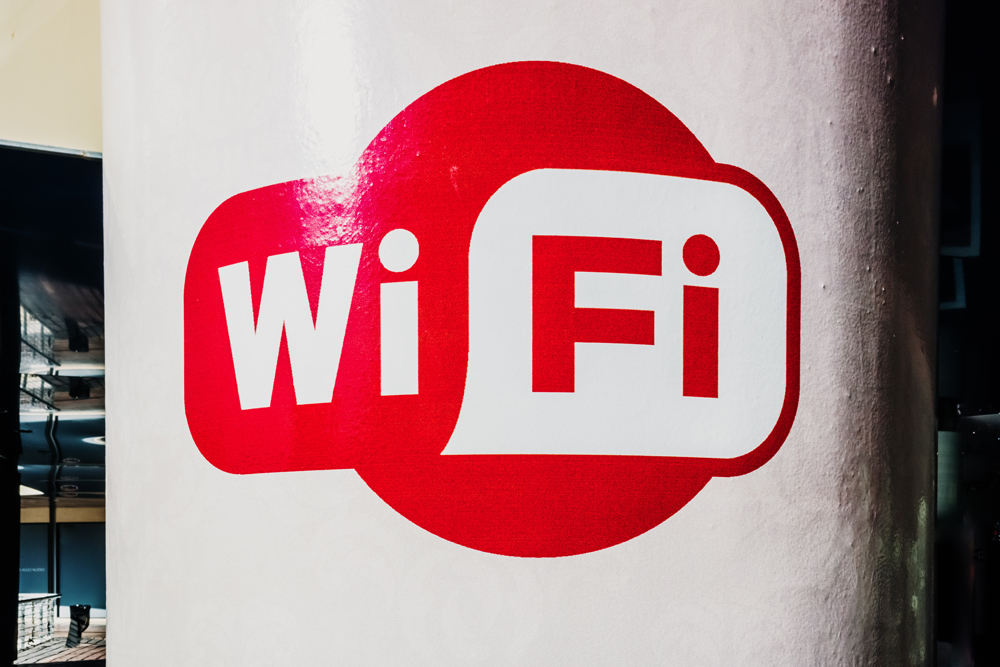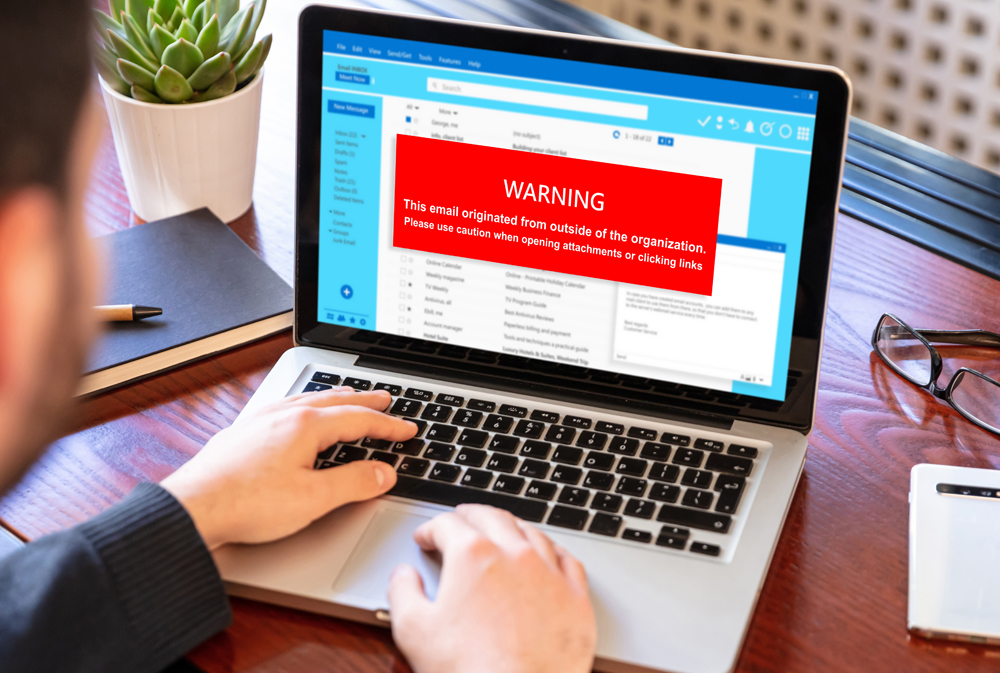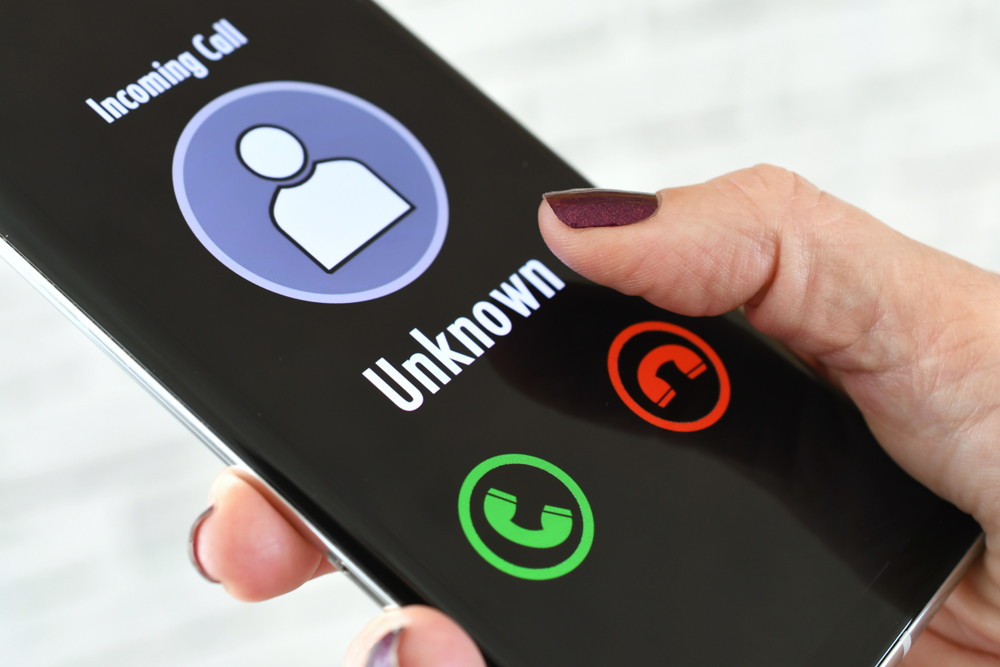The upcoming holiday season is here, and we want to ensure your cybersecurity and infrastructure are prepared for the onslaught of spam emails coming your way. During this festive season, online criminals are out in full force, and some consistent attack trends include malicious software, brute force attacks, phishing scams, credit card fraud, and more.
We have compiled a list of holiday cybersecurity tips to help keep you safe from cybercriminals. We have compiled this list using statistics from previous holiday seasons and over two decades of experience. We hope these tips will help you stay protected while enjoying the festivities with friends and family.

Table of Contents
Holiday Cybersecurity Tips 2022
Below are some holiday season security tips that will help protect you from cyberattacks through the New Year:
1. Beware of phishing scams
Phishing scams are one of the most common cyberattacks during the holiday season. These scams usually involve sending an email or text message that appears to come from a legitimate business or organization. Be careful when clicking on links or attachments in email messages. If it looks suspicious, do not click! Instead, open the message in a new window or tab so you can read the entire message before deciding whether or not to click.
This is because once clicked on; it redirects users to a fake website where they are asked to enter their personal information, such as usernames, passwords, bank account numbers, etc. This scam can cost victims thousands of dollars if not detected early enough. If an email has grammar mistakes, asks for personal details, or seems suspicious, delete it immediately and report it to your local law enforcement agency.

2. Be careful when using public Wi-Fi hotspots
Public Wi-Fi networks are everywhere. However, many people do not realize how vulnerable they are to being hacked by cybercriminals. Hackers use these networks to launch DDoS (Distributed Denial of Service) attacks against websites, steal data, and even infect computers with malware. To avoid falling victim to these attacks, ensure you’re connecting to a legitimate network and always log off once you’re done browsing in public places.
3. Use strong passwords
Secure passwords should be long and difficult to guess. Avoid using dictionary words, names, birthdays, phone numbers, addresses, etc. Instead, try using a complex password like “KvT%04%@DfRs!”. Or better yet, use a password manager to generate random passwords for each site you visit. If possible, change your password every few months, so hackers don’t have a chance to crack it.
4. Keep your computer updated
Keeping your operating system up to date is essential. But what about all those other programs? Make sure you update them as well. Many viruses target outdated versions of Windows, Mac OS X, Linux, Android, iOS, ChromeOS, and others.

5. Don’t click any links in suspicious emails
Cybercriminals often send emails containing links to websites that look legit. When clicking on these links, you may end up downloading malware onto your device. Always check the URL before opening the link. If there is no URL listed, then chances are it’s a fraudulent site.
6. Back up your files regularly
If anything happens to your computer, having backups available could save you time and money. You can back up your files manually by copying them to another hard drive or external storage device. You can also use cloud services such as Dropbox, Google Drive, OneDrive, iCloud, Amazon Cloud Drive, and others.
7. Update your software
Software updates are essential for protecting your devices from potential vulnerabilities. They also make sure that your device works properly. Most manufacturers provide automatic updates for their products, but some require manual installation. Make sure to update your internet browsers as well to have the latest security patches to keep you safe while browsing.

8. Be skeptical of uninitiated phone calls
Especially ones that ask for personal information or remote into your computer. If you don’t recognize the number or suspect it is a scam, hang up and report it to the authorities. The same goes for uninitiated texts because the smishers will be out in full force.
9. Report any suspicious activities
If you notice any unusual activity on your computer, immediately contact your ISP or antivirus provider. They will help you determine whether or not a virus, spyware, or ransomware caused the action.

10. Compromised credit cards and debit cards
Hackers may be able to use stolen financial information to make purchases in your name. Keep your credit and debit card numbers private and change passwords often. If you receive unwarranted credit card charge notifications, report them immediately to your credit card company.
11. Change your default browser
Your web browser is the gateway to most of the internet, including social media sites, banking pages, shopping portals, email servers, and many others. That means if someone manages to steal your login credentials, they could potentially access your data. To avoid this, you might want to log into sensitive sites through a different browser than your main one.
12. Consider installing an anti-malware program
Anti-malware programs scan your device for threats and remove them when they find them. Some even offer real-time protection against new threats. When installing an anti-malware program, look for programs with multiple layers of defense to ensure maximum coverage.
13. Be careful when visiting unfamiliar sites
If you visit a website you haven’t visited before, always perform a quick search first. Never enter personal information unless you know for certain the website is legit and not spoofed. There have been many spoofed websites that look almost identical to legit ones. The URL might have numbers where it should have letters or vice versa. Always check the URL when visiting unfamiliar websites.

14. Practice good cyber hygiene
Cleaning your browser’s cache and cookies regularly can prevent hackers from accessing your data. Deleting temporary internet files and browsing history helps protect your privacy.
15. Use multi-factor authentication
Multi-factor authentication adds an extra layer of security to your accounts by requiring additional information besides your username and password. This includes SMS codes sent to your mobile phone, one-time passcodes generated via apps on your smartphone, or hardware tokens such as Yubico’s YubiKey.
Wrapping Up
We hope our holiday cybersecurity tips help keep your devices safe during this festive season. We wish you all a happy, healthy, and safe New Year! And if there is anything you need help with, please let us know.


Recent Comments